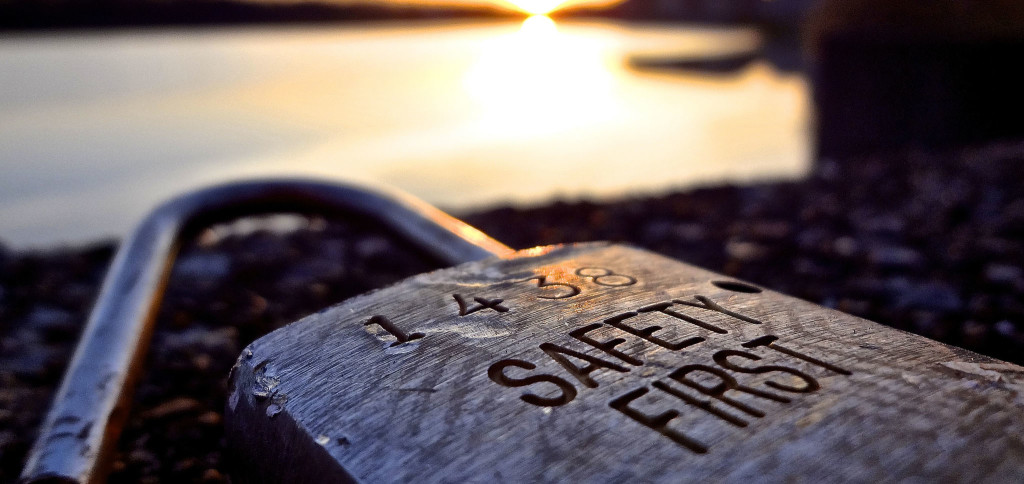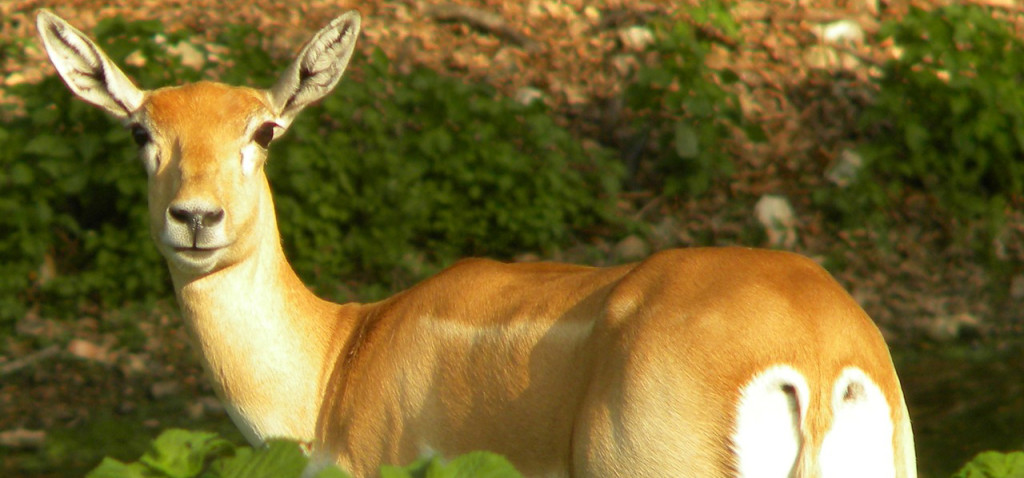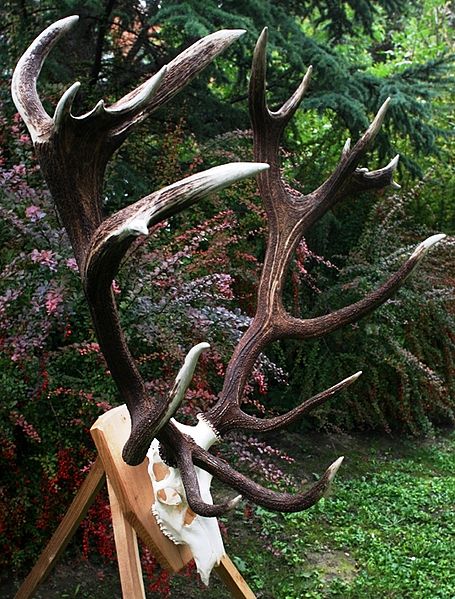Get together a group of hunters and watch the stories fly. Everyone wants to talk about what they have done and what they have seen. Even if it is someone you have just met, you almost instantly become friends. The discussions can get lively, especially over what is the best scope to use, what is the best deer rifle or who makes the best arrowheads. The list can go on and on but the passion of hunting brings people together as a group. But the question is why do people enjoy hunting so much?
It’s a Bonding Experience
 There is a motto that mutual suffering brings people together. After the sudden snow storm collapses your tent in the middle of the night and it’s a mad scramble for your hunting party to get to shelter or missing the easy shot that your grandmother could have made, that is what creates memories. These memories can only be shared with someone who has been in your shoes, felt the same things you have felt. There are also proud moments. Teaching your child to hunt, helping a friend field dress an animal for the first time, or even being a better shot that you ever thought you could be. Those are moments that define a life spent with a passion for hunting.
There is a motto that mutual suffering brings people together. After the sudden snow storm collapses your tent in the middle of the night and it’s a mad scramble for your hunting party to get to shelter or missing the easy shot that your grandmother could have made, that is what creates memories. These memories can only be shared with someone who has been in your shoes, felt the same things you have felt. There are also proud moments. Teaching your child to hunt, helping a friend field dress an animal for the first time, or even being a better shot that you ever thought you could be. Those are moments that define a life spent with a passion for hunting.
Enjoying What Mother Nature Has to Offer
 Every hunter has spent the night under the stars. Being outdoors, away from the daily grind of noise, pollution and society, that alone makes the journey worthwhile. Let’s be honest, no matter how cold it is, that first cup of coffee in the morning just tastes better outdoors. The calm silence of the woods, the antics of a squirrel or even just sitting by a running stream, all these things can’t be experienced from that easy chair in your house. Being a hunter means that you have to adjust to the outdoors and what it has to offer. Just realizing that you are a small part of that vast drama that is Mother Nature fills your heart with joy and awe.
Every hunter has spent the night under the stars. Being outdoors, away from the daily grind of noise, pollution and society, that alone makes the journey worthwhile. Let’s be honest, no matter how cold it is, that first cup of coffee in the morning just tastes better outdoors. The calm silence of the woods, the antics of a squirrel or even just sitting by a running stream, all these things can’t be experienced from that easy chair in your house. Being a hunter means that you have to adjust to the outdoors and what it has to offer. Just realizing that you are a small part of that vast drama that is Mother Nature fills your heart with joy and awe.
The Best Meals Have the Best Ingredients
 In today’s modern world, things we buy at the grocery store are not as healthy for us as they once were. Animals are now given mega doses of hormones to promote fast growth. Chickens are bred and grown in cages that offer no freedom of movement. Meat is being colored to enhance its appeal to the customer. Chickens that are bred to grow breasts that weigh 3 pounds each. Just recently in the news was the discovery by the general public of something called ‘pink slime’. There is not hunting season for pink slime.
In today’s modern world, things we buy at the grocery store are not as healthy for us as they once were. Animals are now given mega doses of hormones to promote fast growth. Chickens are bred and grown in cages that offer no freedom of movement. Meat is being colored to enhance its appeal to the customer. Chickens that are bred to grow breasts that weigh 3 pounds each. Just recently in the news was the discovery by the general public of something called ‘pink slime’. There is not hunting season for pink slime.
Since the beginning of time, hunters have harvested animals from the wild. These animals are the same today as they were thousands of years ago. They have not been genetically modified, injected with hormones or otherwise tampered with. These wild animals have been raised on what is their natural diet, allowed to freely roam and breed naturally. Man has affected most wild animals natural habitat in some form or fashion but not to the extent that mass produced livestock have been manipulated and altered.
Preparing wild game might take a few extra steps; field dressing, skinning, and processing. Due to some animal’s natural diet, the flavor might be off or mildly unappealing to our modern refined palettes. There are hundreds of recipes to prepare wild game. Taking the time to prepare and enjoy a wild game dinner is one of the final steps in the hunting adventure.
Every Day is an Adventure
The majority of hunters harvest locally. To travel to far distant lands and engage in wild game hunting is an adventure all its own. When we travel, it is a new experience and we discover new wonders and views. Just to travel to another state can completely change the hunter’s experience. The environment, animal behavior and hunting techniques can vary from state to state. More open terrain will cause game to have a wider view and will be harder to stalk. Open terrain also makes for longer range shots than a well forested area. A colder region than we are used to will create a totally new experience. Learning to track in the snow creates a new skill set that can last a lifetime.
The use of guides to help hunters successfully harvest an animal is a wise idea. A guide has firsthand knowledge of the terrain, animal behavior and what techniques have worked best for a successful hunt. Just like taking your vehicle to a trained mechanic for a complex repair, a guide can save you a lot of pain and suffering and offer invaluable advice and experience.
Harvesting for Conservation
In every state in America, there is a state agency regulating the hunting practices for the general population. These individuals monitor the growth and environmental impact of every game animal within the state. After monitoring the size, health and movement of a particular game animal, the state agency estimates how many animals can be harvested while still maintain a healthy breeding pool for the species. When hunting season arrives, the state agency regulates the harvesting based on region, game parks, or zones within the state by issuing hunting tags. Without this harvesting control, game animals can overpopulate, destroy their natural habitat or adversely impact other species in the environment.
We as hunters have a responsibility to abide by all local, state and federal laws. We should harvest only what we will use, preserve the environment while we are engaged in hunting or any other outdoor activity and reporting any suspected poaching activity. Poaching might seem harmless but its’ impacts are far reaching and detrimental to everyone, especially other hunters. Most poachers indiscriminately harvest game animals, without regard to the animals sex or the local level of population. Poachers hunt at all times of the year, disturbing the game animals mating rituals and rearing of the new born animals.
By being a responsible hunter, we can all benefit from natures bounty, enjoy what we all enjoy doing and helping nature maintain its balance. By assisting state game agencies in harvesting only as much as we are legally allowed, providing feedback as to the results of the hunt, returning any tracking devices recovered from a harvested animal allows the best way to monitor game animal growth.
Satisfaction in a Job Well Done
We enjoy what we do. Life is about being happy, making others happy and enjoying the fruits of our labor. As a hunter, we enjoy the bonds that grow from shared experiences. Every hunter is an outdoorsman at heart. The fact that we subject ourselves to life with out modern amenities for any length of time shows that we prosper in a slower, less hectic environment. The call of adventure, the thrill of discovery lurks in all our hearts. From the first day that we get things ready for the hunting season to the end of the last meal of game, it is a reminder that we do what we do for the basic love of life and nature. Happy Hunting.
Images by Richard Elzey, John Athayde, finchlake2000
Related Posts:



